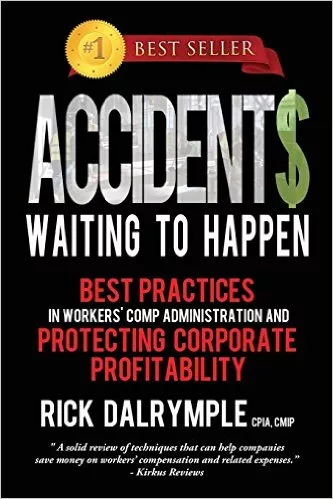Will You Be Able to Afford to Retire?
This is a question many baby boomers are starting to look at very closely. Baby boomers were born between 1946 and 1964. The leading edge of this group is now approaching age 55 – the traditional age for early retirement. Will the boomers be able to afford to retire and, more to the point, will you? This article addresses some of the important retirement-related financial issues you should consider whether you are just starting your career, are at mid-life or are approaching retirement.
What Cost Retirement?
Traditionally, many financial planners have estimated that retirees will need about 70 percent of their current after-tax income to live comfortably in retirement. This rule-of-thumb is simple. To continue the same lifestyle during retirement that you presently enjoy, you probably will require about 70 percent of your current after-tax income including your Social Security benefits as well as your spouse’s. In addition, you want to be able to adjust your income to compensate for inflation. The 70 percent rule of thumb is based on the premise that after retirement, your work-related expenses will decrease, your retirement savings contributions and other salary deductions will cease, and your housing costs may be lower. Furthermore, your costs for clothing and transportation may also decrease. (To obtain an estimate of your Social Security benefits, visit www.ssa.gov/sitemap.htm.)True, some of your living costs likely will decrease when you retire and especially if you downsize your home. But will other costs increase? The cost that is most likely to increase – and increase rapidly as you age – is medical care including the cost of prescription drugs. At some point, many seniors may require costly assisted-care living or, worse, nursing care.
New drugs such as Celebrex to relieve arthritis pain and Lipitor to reduce cholesterol and triglycerides have demonstrated themselves to be wonder drugs for many but at a very high cost for those lacking a prescription drug plan. In addition to relieving pain or reducing the risk of coronary artery and other disabling diseases, these drugs (and many others currently being developed) are extending the life spans and quality of life for many individuals. Clearly, the potential for increasing life expectancies has very profound implications for your retirement planning.
Although it is true that the president has sketched plans for programs that would assist seniors by paying part of the cost of prescription drugs, how much these programs actually will cover is far from clear. Furthermore, it is uncertain once the boomers start to retire in large numbers, how the workforce will be able to pay for the boomers’ prescription drugs, Social Security and other Medicare benefits.
The potential need for assisted and nursing care living is another matter that needs to be considered. Long-term private insurance to cover this costly care is available, but the premiums are very expensive – and especially if purchased during retirement years.
Plan Conservatively
As a consequence of the rapid strides being made by the medical profession and the concurrent increase in life expectancies, you should consider the following:
- Raising your target retirement income from the 70 discussed above to 80 percent. This will provide additional funds to cover the potentially high costs of medical care and, if you remain healthy, also fund travel and vacations during your senior years.
- The possibility of living for a long time – perhaps to 90 and, if you are young, to even 100 or beyond! If you think about living a long and healthy life, you may want to reconsider when you want to retire. Perhaps age 65 or 70 makes more sense than the common targets of 55 or 62, and especially so if you are young. As a corollary, if you are young, find work you really enjoy because you will probably be doing it for a long time.
- Spending your retirement assets slowly and planning for inflation. Studies of historical stock market movements indicate that if you invest most of your retirement assets in stock, you likely will be able to withdraw about 6 percent each year (in both bull and bear markets) and give yourself annual cost of living increases – all without depleting your principal over the long term.
- Funding your 401(k) pension plan at a level that will assure you receive the maximum amount of employer-provided matching funds for which you are eligible. If possible, contribute the maximum amount allowable to your 401(k) and fund an individual retirement account for yourself as well as your spouse if you are married.
The information and planning ideas contained in this article are for general use only. Therefore, the ideas presented here should be relied upon only when coordinated with professional tax and planning advice.
Looking for a reprint of this article?
From high-res PDFs to custom plaques, order your copy today!







